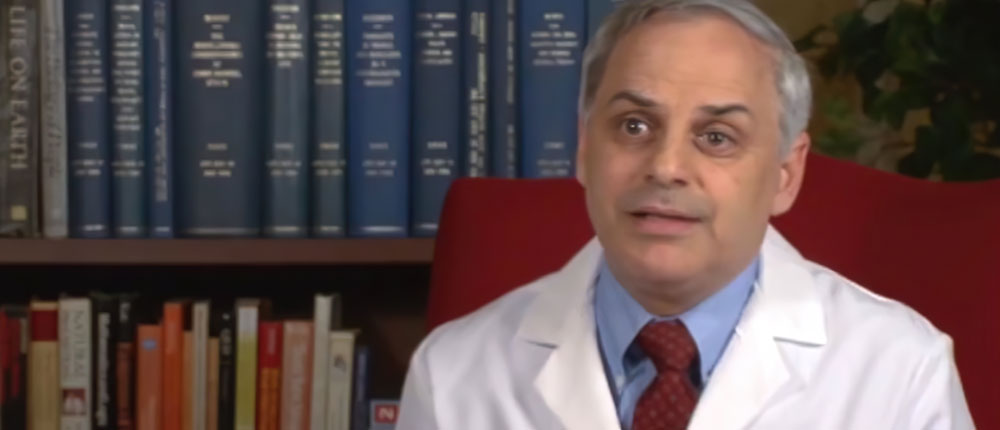“I’m a neurologist and practice at ‘Pro Health’ in New York, and I’m a clinical associate professor of neurology at New York University School of Medicine. I’ve been practicing the Transcendental Meditation technique since I was a freshman in college and I noticed from the first meditation, whether I was trying or not trying, just naturally, a calmness, a kind of peace came over my mind and a sense of relief and a real quietness in the physiology as well.”
Question: What are the mechanics of Transcendental Meditation?
Answer: Well we know that the mind and body are intimately connected. With Transcendental Meditation we have a mental technique, a very simple, effortless, natural mental technique. We experience a thought on quieter and quieter levels of the mind in a very natural and spontaneous way.
Question: What changes take place on the level of the physiology?
Answer: What’s happening, since the mind and body are intimately related, physiologically we have a profound change. The physiology starts to gain a type of rest that is different and, in some ways, much more profound than the kind of rest that it gets during deep sleep or during dreaming. So the body enjoys this unique profound rest while the mind expands and settles down and gains this heightened alertness. This is what scientists would call a wakeful hypo-metabolic state. In other words, a state of restful alertness. You naturally and easily maintain this state of restful alertness during the Transcendental Meditation technique.
Speaker: Gary P. Kaplan, M.D., Ph.D., Neurologist, associate professor of clinical neurology at Hofstra University School of Medicine
Length: 3:41




RELATED TOPICS
The Body Is Made of Consciousness
Is consciousness a by-product of electrochemical processes? TM Founder Maharishi Mahesh Yogi answers.
Landmark Study on Neurophysiological Evidence of Cosmic Consciousness
Dr. David Orme-Johnson interviews researcher Lynn Israelson Mason, Ph.D. about her study on witnessing (inner awareness) during deep sleep.
Improving Neuroadaptability, Preventing Disease, and Enhancing Physical and Mental Health
Robert Keith Wallace, Ph.D., and his son Ted Wallace talk about how we can improve the way our brain physiology responds to
TM and Health
Nationally renowned scientists explain how TM practice creates a higher state of mind-body health redefining what it means to be healthy.